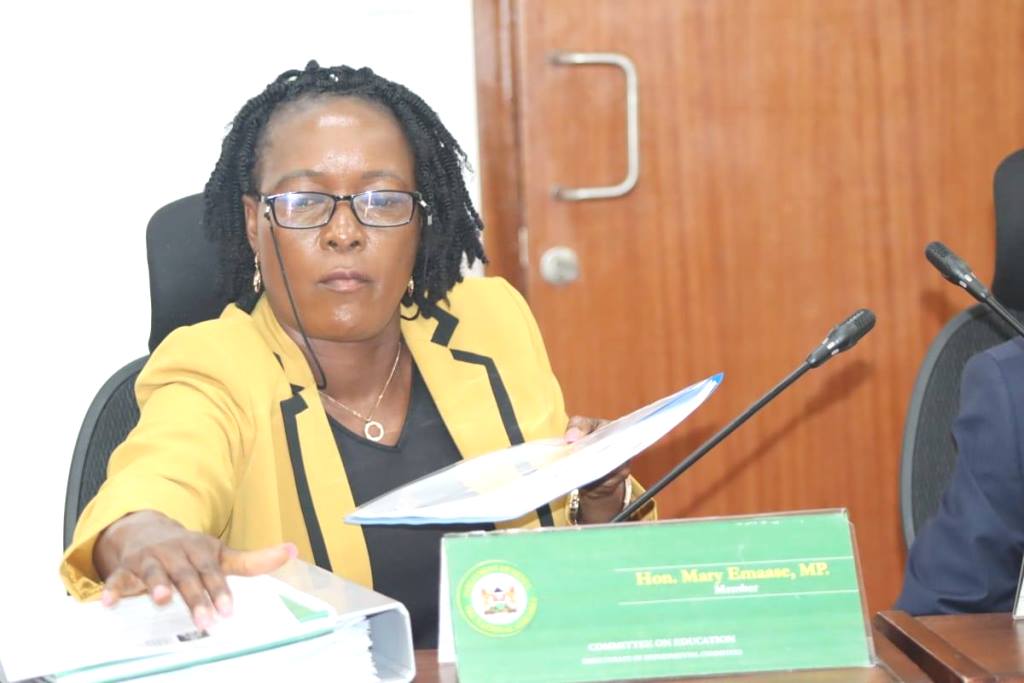The National Assembly Committee on Education today commenced pre-publication scrutiny of the Basic Education (Amendment) Bill, 2025, a legislative proposal aimed at strengthening accountability in school management and enhancing transparency in the use of public resources.
The Bill is sponsored by Hon. John Waluke. It proposes amendments to the Basic Education Act, 2013, including a requirement for non-teaching staff in schools to declare their wealth.
If passed, staff members, such as bursars and accountants, will be required to declare their income, assets, and liabilities, as well as those of their spouses and dependents.
Committee members protested the mismanagement of infrastructure funds in public schools.
Hon. Nabii Nabwera called for a clear division of responsibilities between teachers and administrators.
“Let the teacher be the teacher, teach and manage the academics, and we have a professional manager and a qualified administrator actually dealing with issues of money with schools, resources and procurement,” he stated.
READ ALSO:
Why the lecturers’ strike continues despite claims of payment
Hon. Eve Obara echoed the need for stronger oversight. “We cannot continue to see bursars and other non-teaching staff handling millions of shillings without proper accountability mechanisms in place,” she argued.
Hon. Mary Emaase added that while the amendments are necessary, the Ministry of Education must also play its part. “The Ministry must develop a framework that ensures financial officers in schools are held responsible under clear regulations,” she said.
Committee Chair Hon. Julius Melly emphasised the need for alignment with existing laws, particularly the Public Audit Act. “We want to ensure this Bill does not duplicate but strengthens the current audit framework while addressing gaps in accountability in school funds,” he explained.
The committee also had a discusion with officials from the Office of the Auditor General, who presented insights from previous performance audit reports, including the management of development funds in technical institutions (2018), the national school upgrading program (2018), and infrastructure improvement in primary schools (2021).
While the Bill proposes aligning school audits more explicitly with the Public Audit Act, some committee members noted that the Public Finance Management Act already provides comprehensive procedures for financial oversight and penalties for non-compliance.
“The misuse of funds in our schools has to stop. This Bill is about protecting learners’ right to quality education by ensuring money allocated to schools is used for the right purpose,” Waluke added.
The Committee is expected to table its recommendations before the House once the pre-publication scrutiny is complete.
By Joseph Mambili
You can also follow our social media pages on Twitter: Education News KE and Facebook: Education News Newspaper for timely updates.
>>> Click here to stay up-to-date with trending regional stories
>>> Click here to read more informed opinions on the country’s education landscape
>>> Click here to stay ahead with the latest national news.






